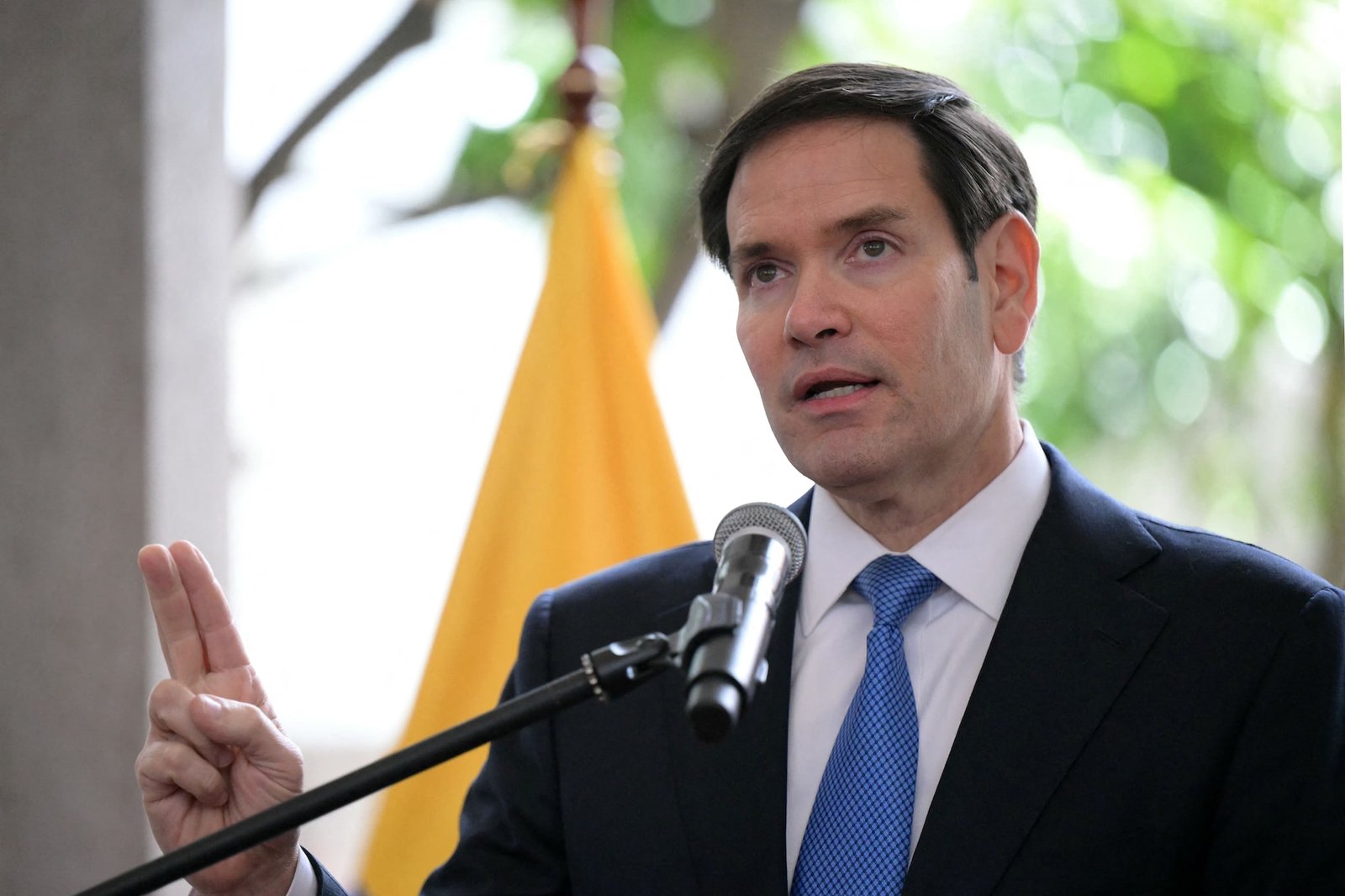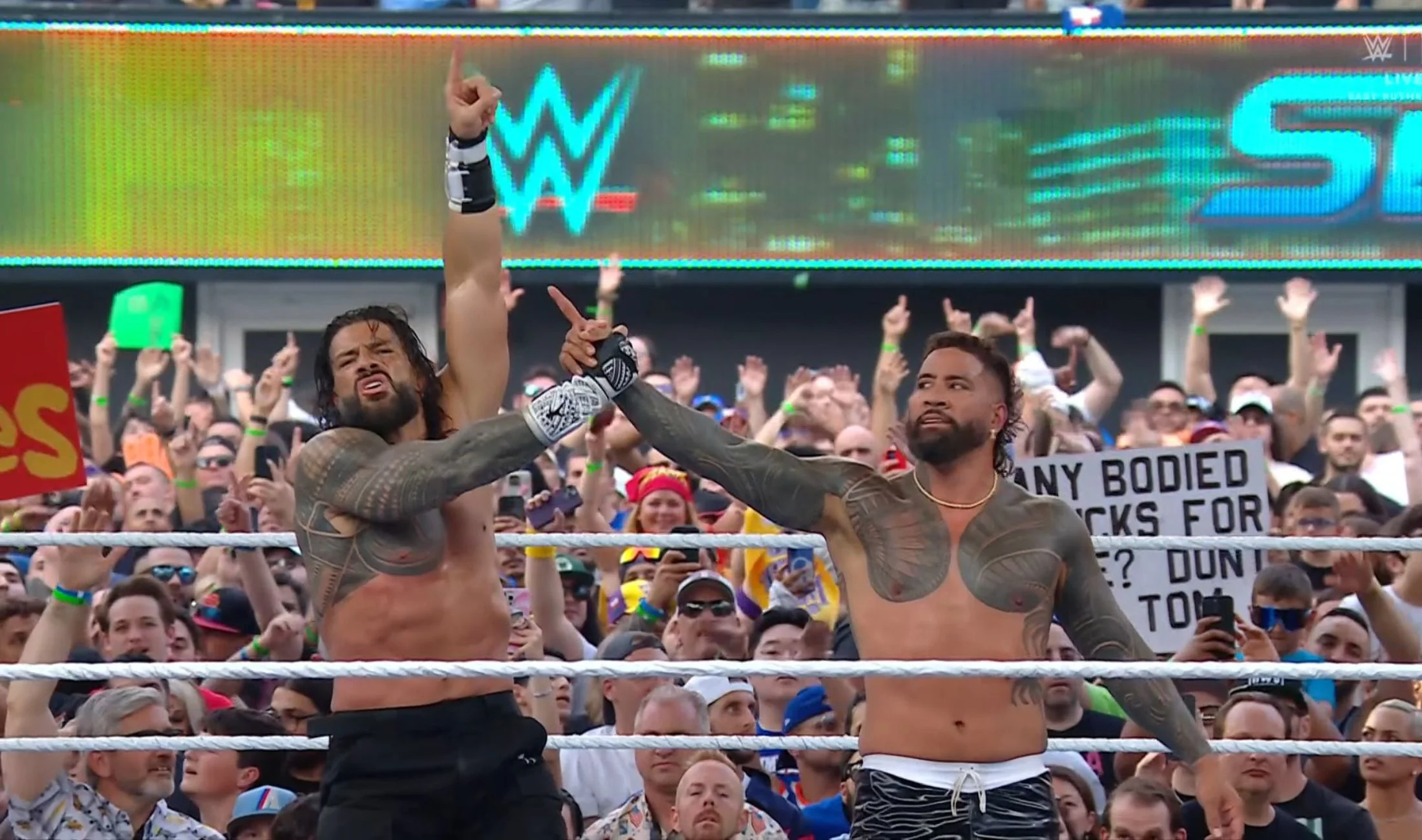Rubio Says US Will “Blow Up” Foreign Crime Groups — What It Means

What Rubio Said
Rubio framed transnational criminal organizations — including drug cartels, trafficking networks, and cybercrime rings — as security threats that can cause widespread harm inside the United States. He argued that when other tools fail, the U.S. may need to employ decisive action, including military or covert options, to dismantle these groups and disrupt illicit supply chains.
Why This Matters
Organized crime has evolved into a global business that undermines public safety, fuels addiction, and corrodes institutions. From fentanyl trafficking to international money laundering and large-scale cyberattacks, these groups operate across borders and exploit legal and logistical gaps. Rubio’s comments signal that some lawmakers want to treat organized crime with the same urgency as terrorism or state-level threats.
Supporters and Critics
Supporters praise a tough stance, saying conventional law enforcement has sometimes been outmatched by the scale and firepower of modern cartels. They argue that decisive action could break supply lines and deter violence. Critics, however, warn of serious risks: using military force against criminal organizations could escalate tensions with sovereign states, produce civilian casualties, or violate international law. Human rights advocates stress that any response should prioritize accountability, rule of law, and minimizing harm to civilians.
Possible Policy Paths
If policymakers pursue a hardline approach, it could include a mix of measures: enhanced intelligence sharing; coordinated financial sanctions targeting leaders and facilitators; law enforcement cooperation with partner countries; targeted special-operations missions; and expanded efforts to stem upstream chemical and precursor flows. Each option has trade-offs in terms of legality, effectiveness, and geopolitical fallout.
Bottom Line
Rubio’s vow to “blow up” foreign crime groups underscores an emerging debate about how far the U.S. should go to confront transnational criminal networks. While the statement is intended to convey urgency, it also raises complex questions about the rule of law, international norms, and the best strategies to protect communities without creating new harms.
As the conversation continues in Washington, the most likely outcome is a continued mix of tools — diplomatic, financial, intelligence, and selective operations — rather than a wholesale shift to broad military campaigns. Still, Rubio’s rhetoric has pushed the topic to the forefront of the national security conversation.





